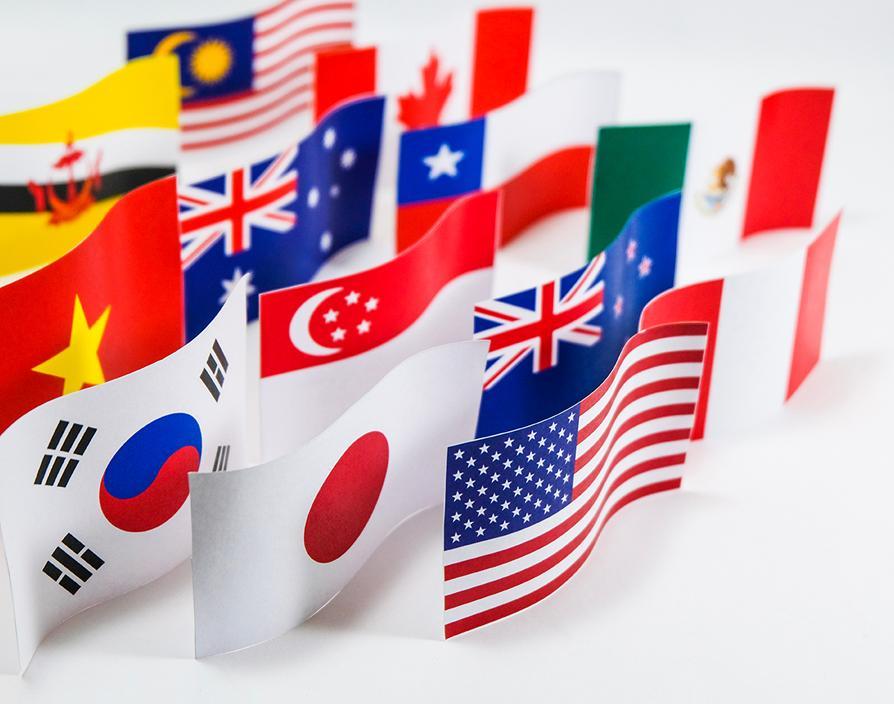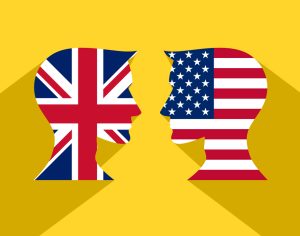The UK recently concluded negotiations to join the CPTPP. This is translated into the words Comprehensive and Progressive Agreement for Trans-Pacific Partnership. This is a free trade agreement involving a number of countries, namely Australia, Brunei, Canada, Chile, Japan, Malaysia, Mexico, New Zealand, Peru, Singapore and Vietnam.
It specifically targets nations known as Pacific Rim countries. And the UK will become the first Atlantic and ‘European’ country to join this group. Despite critics pointing out that the UK’s GDP growth rate is only 0.08%, the Conservative Government is adamant that this agreement will benefit both UK importers and exporters.
They claim that UK importers will benefit from a broader range of products to choose from, while exporters will have more markets to sell to. So, what are the benefits for UK businesses?
If you trade in physical goods and are currently importing from, or exporting to, CPTPP countries – or perhaps thinking about doing so – then please read on. The agreement is complex but the benefits are threefold: These being 1) Market Access; 2) Customs Duty Reduction and 3) Precise, Predictable Rules.
Market access means you can reach CPTPP markets easier. Customs processes are simplified and goods travel to their final destinations quicker. Exporting to these markets offers UK products a global audience of 500 million, which collectively enjoy a purchasing power of around 15% of global GDP.
But you will still need a thorough strategy for market entry. Is there a specific market for your goods? Are there distributors? Are there trade partners to re-adjust your products, so that they satisfy local languages and tastes? And do your products meet the regulations of the CPTTP country that you wish to export to?
Customs duty is a fixed cost that can erode your profit margin and may ultimately prevent you from entering a market. Upon entry into a CPTPP country, any customs duty will shrink to zero for most products.
Even a 1-2% saving can significantly improve your margins and entice you into making a long-term investment with a CPTPP country or countries. Your potential customer base will grow, without having to pay the ‘entry fee’ of a customs duty.
Finally, precise, predictable, import and export rules are essential for growing a business long term. So, you’ll need to do your homework thoroughly to ensure that your goods can get into your chosen market in the first place.
Growing your business aboard
You may find setting up a company in these markets reasonably straightforward. And you may wish to invest in new office and/or warehousing premises. You might also consider investing in production facilities too. All of this strengthens your supply chain, improves reliability for customers and, ultimately, boosts profit margins.
By achieving this you will convert your company from a UK business into a global importer or exporter, offering greater door-to-door service. And there are five actions to take:
1: Evaluate if this is a genuine opportunity. Analyse your business model and assess how much customs duty you can save.
2: Acquire a detailed knowledge of the rules, processes and procedures underpinning the CPTPP agreement.
3: Undergo CPTPP training, regarding customs duty and rules of origin. This is crucial for you to fully benefit from zero duty.
4: Develop a medium to long-term strategy. For example: Can you change your supply chain or move some production to a CPTPP country? Will this simplify matters and make the entire operation less expensive?
5: Get help if confused. Trade agreements are never easy to understand, so seek the advice of an experienced customs manager. He or she will help you to optimise your strategy, reduce customs duty and be compliant regarding the rules and regulations of importing or exporting.
Conclusion
The UK’s entry into the CPTPP starts this month. Therefore, take time to fully immerse yourself in the pros and cons of this new agreement.
Does this agreement offer your business the opportunity to grow? Does such a move create the potential to propel your business up to the next level? To discover more, seek out the advice of a customs professional that will help you to make a more informed decision about your next move.
Share via:








































